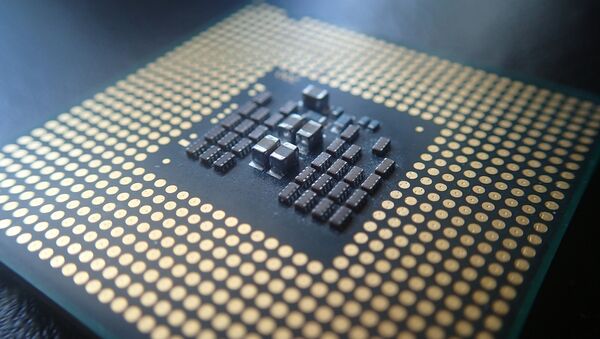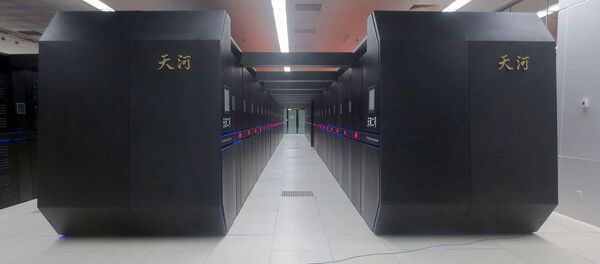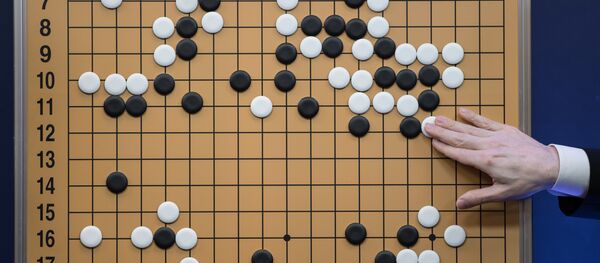The new AI processor is named after the Cambrian Period of geological history, which saw life on Earth become infinitely more diversified and sophisticated.
It is due to provide tremendous assistance in simulating the functioning of human nerve cells.
Xinhua quoted the Chinese Academy of Sciences as saying that the Cambrian chip "is expected to be the world's first processor that simulates human nerve cells and synapses to conduct deep learning."
As for the hefty investment in the project, the money "will be used in basic research areas to explore the structure and algorithm for the next-generation of AI" as well as in the promotion of the Cambrian processor, which "scientists said is expected to spearhead a new era in AI," according to Xinhua.
It cited Chen Yunji, one of the heads of the Cambrian research team, as specifically pointing to a significant contrast between Google's AI program AlphaGo and the Cambrian chip.
"AlphaGo needs huge power and large servers to operate, but the Cambrian aims to perform at the same level, use just one watt of power and be the size of a smartphone or a watch," Chen emphasized.
In March 2016, AlphaGo paradoxically defeated the human champion in the Asian board game "Go" 4-1.
The strategic game, in which players place black and white pawns on a board trying to surround each other, is mostly popular in Asia — so it comes as no surprise that China may want to have a crack at putting AlphaGo in its place.
Never miss a story again — sign up to our Telegram channel and we'll keep you up to speed!




